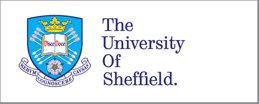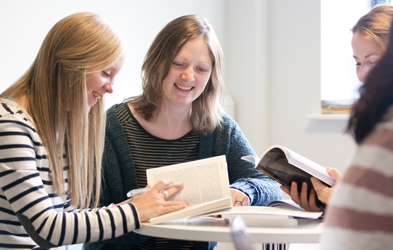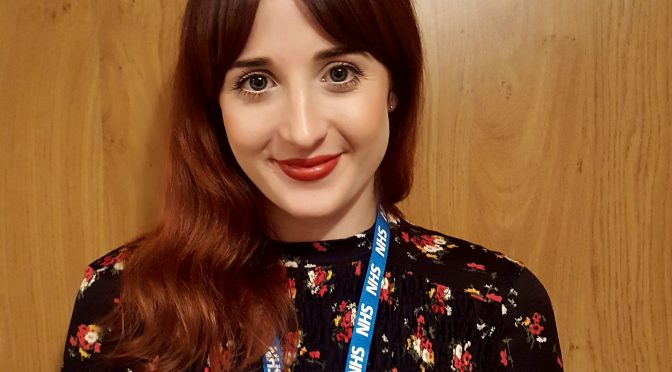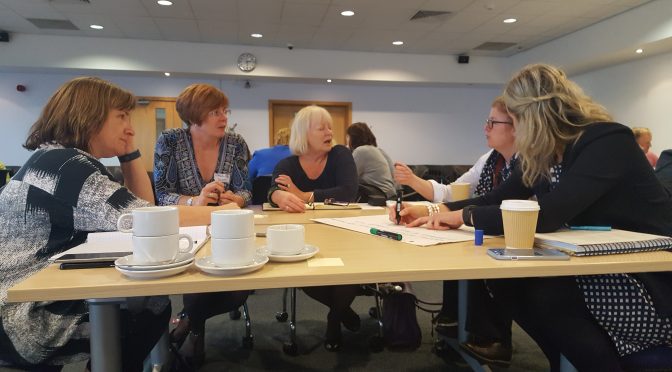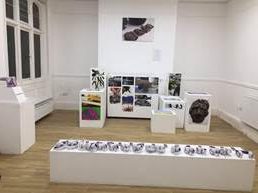As part of the Assessed and Supported Year in Employment newly qualified social workers within children’s social care have the opportunity to gain academic credits for some of their work for the ASYE portfolio.
At the 9 month point of employment NQSW’s produce a 1000 word reflective piece on work they have undertaken with a family on their caseload. At the 12 month point of employment workers produce a 2000 word assignment considering the learning and development they have undertaken during the ASYE programme. Both assignments are intended to assist workers in demonstrating their developing skills, competence and confidence during the first year of practice and build on writing and critical thinking skills gained at university. A half day workshop focussing on the requirements of the assignment tasks is regularly delivered by staff from the University of Sheffield.
Successful completion of both assignments leads to the award of 15 credits from the University of Sheffield and opens up the possibility to apply to undertake further modules on the Advanced Practitioner Framework run by the university on behalf of the Teaching Partnership. We have recently started registration of our second cohort for the ASYE module. Developments for the future include a re-design of the module to provide a greater level of teaching input and separation of the module from local authority ASYE portfolio requirements.
